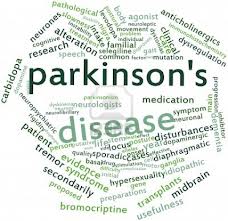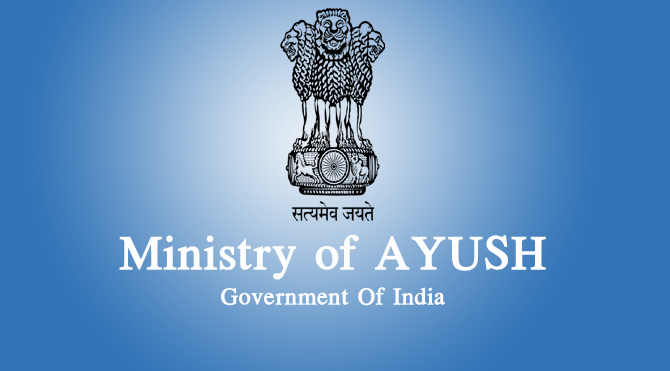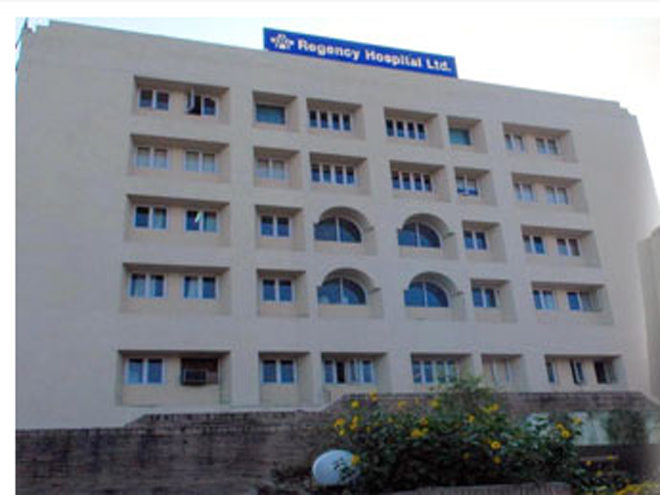


FACT FILE
- Parkinson’s disease was named after British physician James Parkinson, who published a description of the condition, An Essay on the Shaking Palsy, in 1817.
- World Parkinsons Disease Day is marked on April 11th each year to commemorate the birthday of Dr James Parkinson (1755 – 1824), who first described the condition.
- Parkinson’s disease is a degenerative neurological condition. In recent years, it’s been given an especially high profile by celebrities who’ve been affected by it particularly the actor Michael J. Fox and boxer Muhammad Ali.
- Parkinsons disease affects 1 in every 500 people; approximately four million people worldwide.
What is Parkinsons Disease ?
Parkinsons disease is a progressive, neurodegenerative disease that belongs to the group of conditions called motor system disorders. Parkinsons Disease cannot yet be cured and sufferers get worse over time as the normal bodily functions, including breathing, balance, movement, and heart function worsen.
Parkinsons disease most often occurs after the age of 50 and is one of the most common nervous system disorders of the elderly. The disease is caused by the slow deterioration of the nerve cells in the brain, which create dopamine – a natural substance found in the brain that helps control muscle movement throughout the body.
Who gets Parkinsons Disease?
Parkinsons disease affects both men and women but occurs about 50% more in men than women. The average age for the onset of PD is 60 years old, however 5 10% of cases, called early onset, begin as early as 40 years old. People with PD have about the same life expectancy as the normal population, however complications during the late stages of the disease can lead to choking, pneumonia, and falls that can be fatal. The disease progresses at different rates in different people. A more severe progression is often seen in people who develop PD at an earlier age.
How do I know I have Parkinsons disease?
Parkinsons disease can affect anyone male or female and at any age, although it is much more common in older age. The four key symptoms are tremor, slowness of movement, muscle rigidity and instability. However, the nature and severity of symptoms can vary considerably from one individual to another. In the early stages of the disease, symptoms may be vague and non-specific, such as fatigue or muscle pain.
What will my doctor do if Parkinsons is suspected?
Your family doctor may order some tests to exclude other possible causes of your symptoms. However, there is no definitive test for Parkinsons disease. A diagnosis of Parkinsons disease relies very much on the symptoms. It is possible you may have to wait for symptoms to develop further to confirm the diagnosis. You may also be referred to a specialist neurologist for assessment.
What causes Parkinsons disease?
We understand that the cells in a particular part of the brain die off, causing a reduction in the level of the brain chemical dopamine. This primarily affects movement and coordination. However, we do not have a clear idea of what triggers this process and why some people are affected and others are not. For this reason, there are no clues to preventing Parkinsons disease.
Is Parkinsons disease hereditary?
The short answer is no. Although about 10 per cent of people with Parkinsons disease will have a relative who is also affected, the vast majority do not. You should not worry about having passed the disease on to your children. Like many other diseases, Parkinsons disease is likely to be the result of a complex interaction between both genetic and environmental factors.
Is there a cure?
Not yet. Parkinsons disease is usually slowly progressive. This is despite the availability of many medications and, increasingly, some surgical options which can help control the symptoms. Many people with Parkinsons disease live full and productive lives.
I take my prescribed medications, what else can I do?
Become well informed about the possible manifestations of the disease. Symptoms can fluctuate widely from day to day, in different situations and in response to different medications. It is also important to stay as active as possible. Dont give up on daily activities and make a point of incorporating some regular exercise into your life.
Where can I get help?
General practitioners, neurologists, physiotherapists, occupational therapists and speech therapists are amongst those who can provide professional advice on managing your disease. Many people also benefit from talking to other people who are similarly affected with the disease.
How can I help someone with Parkinsons disease?
You may need some support if you are living with or caring for someone with Parkinsons disease. Depending on your circumstances, the stage of their disease and their ability to function independently, you may just need information to help you understand the disease. Later, there may be a need for advice and practical support with the physical demands of caring for someone with a progressively disabling disease.
Be a part of Elets Collaborative Initiatives. Join Us for Upcoming Events and explore business opportunities. Like us on Facebook , connect with us on LinkedIn and follow us on Twitter , Instagram.













